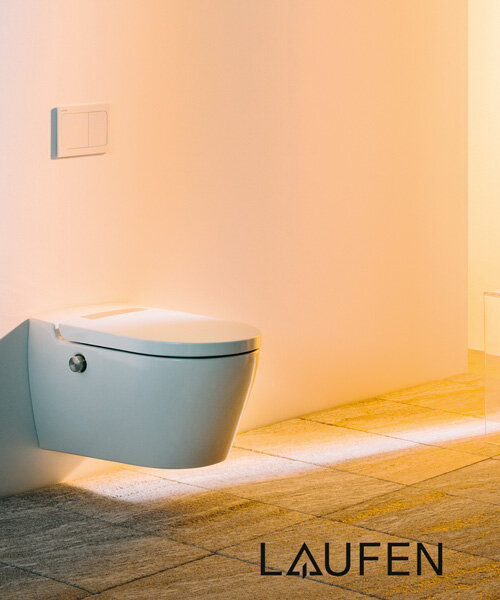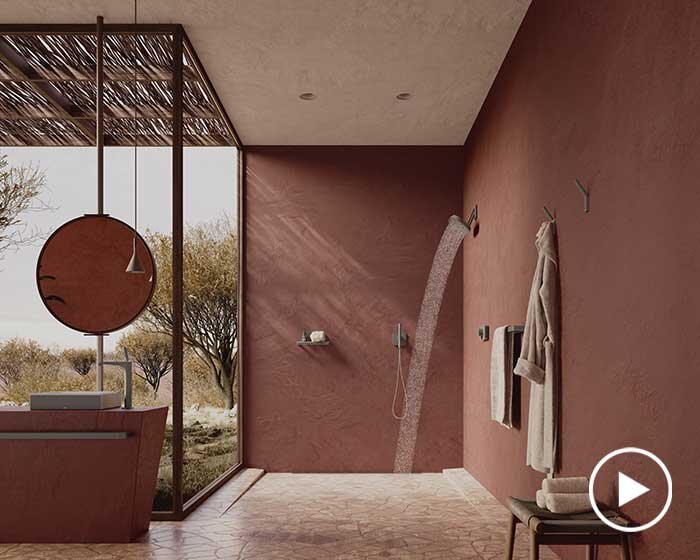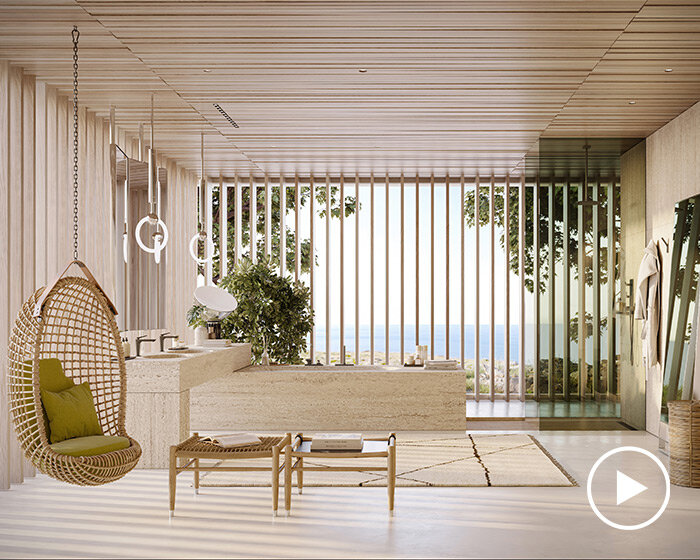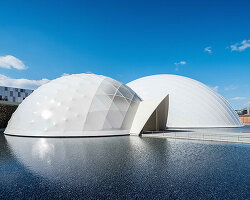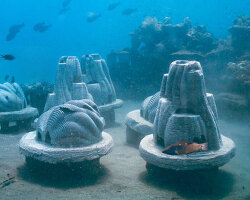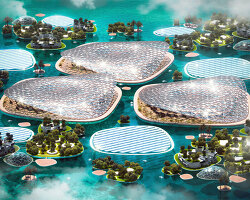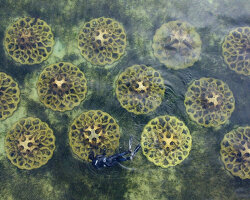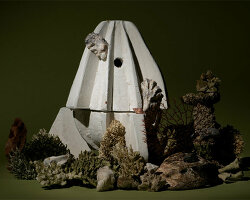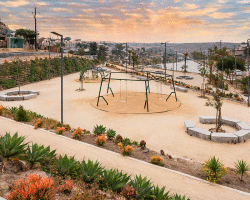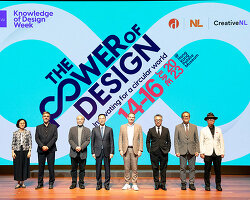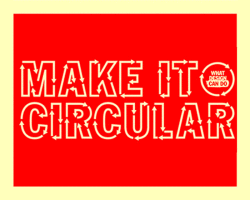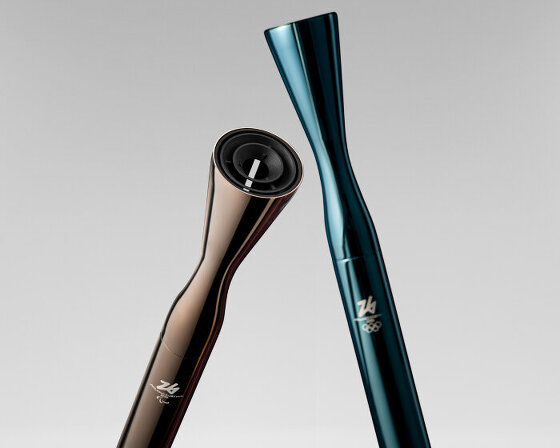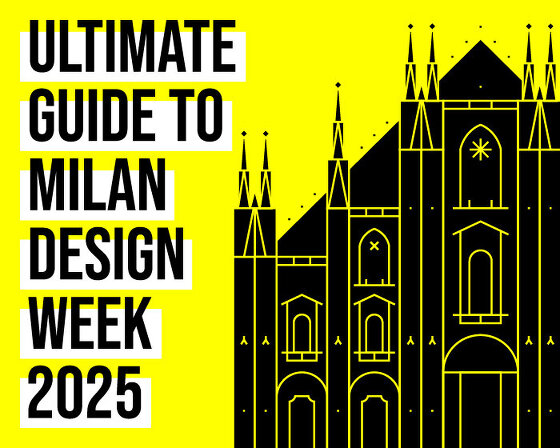‘in many ways, waste is the ultimate design problem,’ explains richard van der laken, creative director of what design can do. ‘for many decades, the design industry has contributed to an extractive, polluting and linear system. this system is driven by consumerism, another field in which design – with its seductive power – has great responsibility.’ what design can do aims to tackle one of the most pressing issues of our time – waste – through their no waste challenge. the global design competition calls creatives – architects, designers and entrepreneurs alike – to submit novel yet meaningful solutions to reduce and redesign the way we extract, produce and consume resources. winning designs receive an extensive support package, including €10,000 euro in funding to enter a tailor-made development program, to turn your idea into a reality.
inspired to build a better future? what design can do’s no waste challenge is open until 20 april 2021, here.
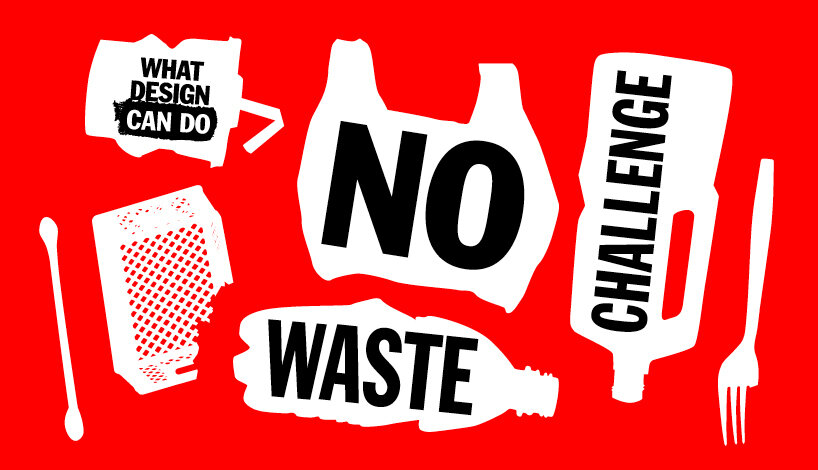
all images courtesy of what design can do
our planet is drowning in waste. every year it is said that we dump 2.12 billion tons of waste worldwide, and that figure is set to increase by 70% by 2050 if left unchanged. the root of the issue, in the mind of what design can do, is our current economic model that is based on a ‘take-make-waste’ approach. raw materials are extracted, transformed into products, and then thrown away after use. this has a disastrous impact on the environment, causing biodiversity loss and accelerating global warming and much, much more. we are heading towards a climate crisis – if we weren’t already in one.
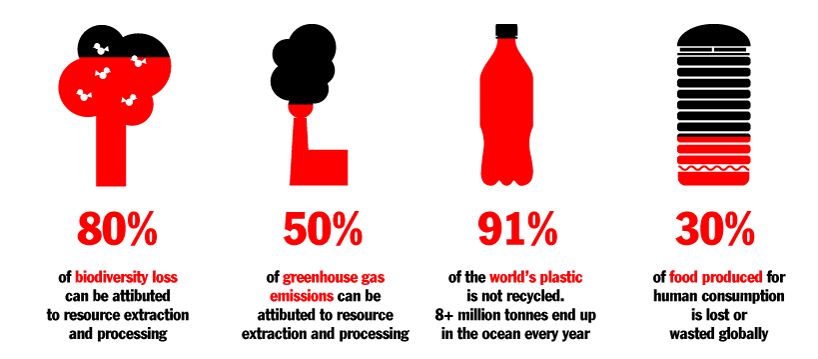
‘designers are in a unique position to change how things are made, and what they are made of. the COVID-19 crisis has provided us with an unprecedented opportunity to do so, and to open doors to radical new ideas, products, systems and services,’ reminds van der laken. ‘a growing number of creatives have already taken an active role in the transition to a circular economy, by experimenting with materials and processes, raising awareness, and inspiring vital new narratives around waste as a resource. now more than ever, the design community must step up, own up and lead.’
while design has always been part of the problem, it can also be a part of the solution. the no waste challenge implores designers to do better. we must act fast if we want to build a future that healthily works for both people and planet. whilst long-term solutions for redesigning the entire system are continually being explored, we also urgently need immediate impact to reduce, reuse and recycle. the global competition seeks design-driven solutions at various scales. these exciting, feasible, scalable proposals must respond to at least one of three global design briefs and explore ways for us to take less, make better and handle smarter.
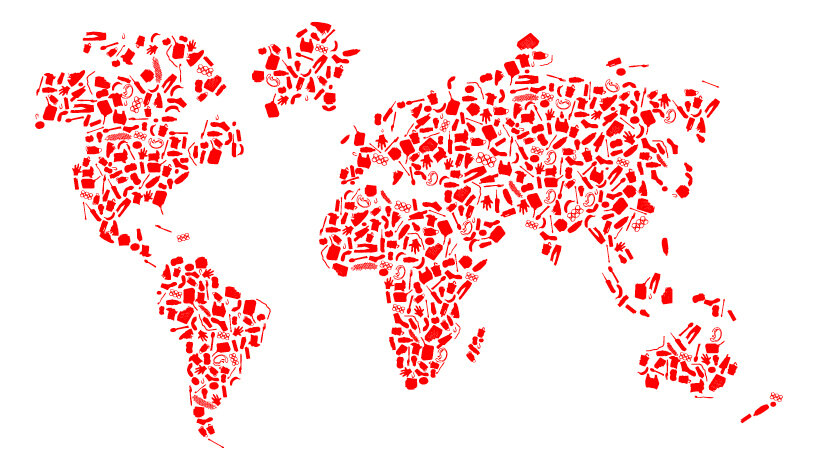
although waste is a global problem, the best solutions are often rooted in local contexts. applicants can submit their proposals in a global mission or additional tracks in the following cities: amsterdam, delhi, mexico city, nairobi, são paulo, rio de janeiro and tokyo. the specific locations were chosen alongside close collaboration in research and development with local partners, including kenya climate innovation center, shibaura house, quicksand and mandacaru design.
‘to make a complex issue tangible, people must be able to relate to it, own it,‘ adds van der laken. ‘that can only happen if it lands in your street, in your home, or if it is connected to your friends or colleagues. that is why it is so important to make global issues local. also, we believe in scaling up – and that a great concept for tokyo or são paulo can potentially be a global game-changer.’
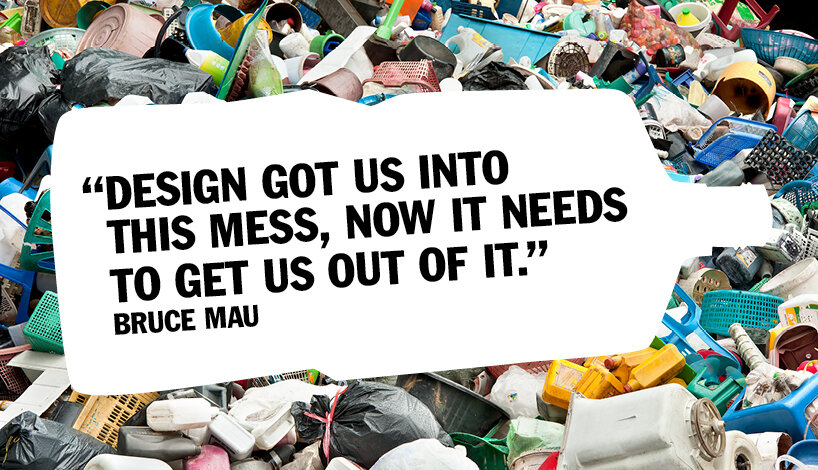
a jury of leading experts in design and climate action will review the entries and select winners in july 2021. laureates receive an extensive award package, including the global development program where winners will receive a range of training sessions and tools focused on the skills they need to make their projects a success, from building a supply chain to team-building and organization. each winner receives a prize fund of €10,000 euro to invest into the development and realization of their proposal.
open from january 12 to april 20 2021, learn more about the no waste challenge, read the briefs, and submit your project online, here.
competition info:
organizer: what design can do
competition: no waste challenge
submission dates: january 12 to april 20 2021
partner: IKEA foundation
local partners: kenya climate innovation center, shibaura house, quicksand and mandacaru design
